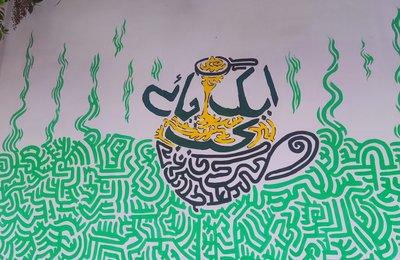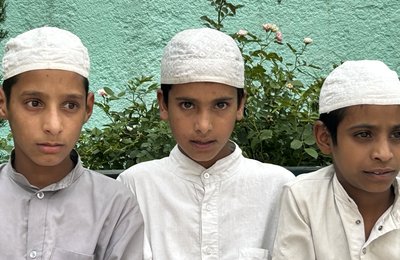The vision of IPSS is the same as Jinnah’s address to Pakistan’s first Constituent Assembly on 11 September, 1947;
‘You are free, you are free to go to your temples, you are free to go to your mosques or to any other place of worship in this State of Pakistan. You may belong to any religion or caste or creed that has nothing to do with the business of the State.
………. and you will find that in course of time Hindus would cease to be Hindus and Muslims would cease to be Muslims, not in the religious sense, because that is the personal faith of each individual, but in the political sense as citizens of the State’
Institute for Peace and Secular Studies was created with an aim to promote the principles of civic freedom and equality for all citizens irrespective of their religion or creed. With its continuous struggle, IPSS has struggled to uphold humanistic values that are undermined and disrespected by the negative indoctrinations in the society. We believe policies adopted by the state should reflect wisdom and a pragmatic approach to resolve our internal, social, economic and political conflicts as a means to eliminate regressive forces in the society. Though our journey has been a long but for us it is not impossible to accomplish our collective goal for human development. IPSS believes in elimination of extremism through promoting values of peaceful coexistence and human progressiveness. For this, IPSS focuses in mediation with the decision makers and the observers for the adoption of policies that are in the best interest of the citizens of Pakistan.
We believe that there is an urgent need to disown the negative connotations attached with secularism, as propagated by the religious parties here. The meaning of secularism has been misconstrued so much that it is associated with being “ladeeniat” or “irreligiosity”, making it almost a taboo word to utter. To remove the misunderstanding, we believe secularism should be advocated as freedom for all to practice their religions without the state interfering in the personal rights of an individual, for as long as no life or property is infringed upon or violated. This can only take place if voices of reason are allowed to keep in check the state’s performance and its accountability of its actions.




